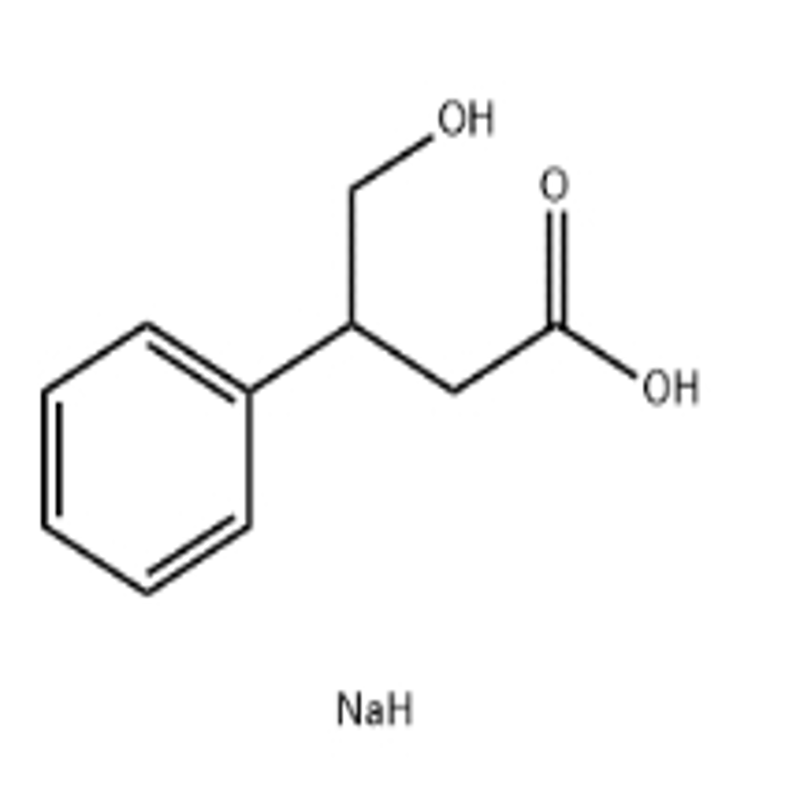-
Categories
-
Pharmaceutical Intermediates
-
Active Pharmaceutical Ingredients
-
Food Additives
- Industrial Coatings
- Agrochemicals
- Dyes and Pigments
- Surfactant
- Flavors and Fragrances
- Chemical Reagents
- Catalyst and Auxiliary
- Natural Products
- Inorganic Chemistry
-
Organic Chemistry
-
Biochemical Engineering
- Analytical Chemistry
-
Cosmetic Ingredient
- Water Treatment Chemical
-
Pharmaceutical Intermediates
Promotion
ECHEMI Mall
Wholesale
Weekly Price
Exhibition
News
-
Trade Service
Diazolidinyl urea is a commonly used antimicrobial preservative in the chemical industry, particularly in personal care products such as shampoos, soaps, and lotions.
It is known for its effectiveness in preventing the growth of bacteria, fungi, and other microorganisms, making it an important component in maintaining the safety and effectiveness of these products.
But how safe is diazolidinyl urea, and what precautions should be taken when handling it?
One of the concerns surrounding diazolidinyl urea is its potential to form formaldehyde, a known carcinogen, during the manufacturing process.
However, it is important to note that the amount of formaldehyde that may be formed is tightly controlled and monitored, and is generally considered to be within safe levels.
In addition, the amount of formaldehyde that may be found in a final product is significantly reduced during the manufacturing process, and is typically at concentrations that are not considered harmful to human health.
Another concern is the potential for allergic reactions to diazolidinyl urea.
However, studies have shown that diazolidinyl urea is a very safe ingredient, and allergic reactions are rare.
In addition, the risk of an allergic reaction is minimized by the fact that diazolidinyl urea is typically used in dilute solutions, which reduces the likelihood of direct contact with the ingredient.
It is also important to note that diazolidinyl urea is a widely used ingredient in personal care products, and has been extensively tested for safety.
In fact, it is considered to be a safe and effective ingredient, and is widely accepted as a preservative in the personal care industry.
Despite its safety, it is still important to handle diazolidinyl urea with care.
This includes wearing appropriate protective equipment, such as gloves and safety glasses, and following proper handling and storage procedures.
In addition, it is important to ensure that the ingredient is stored in a cool, dry environment, and that it is not exposed to direct sunlight or other sources of heat.
In conclusion, diazolidinyl urea is a widely used antimicrobial preservative in the chemical industry, particularly in personal care products.
While there are some concerns surrounding its use, including the potential for formaldehyde formation and allergic reactions, these risks are generally considered to be low and are tightly controlled.
In addition, diazolidinyl urea is a safe and effective ingredient, and is widely accepted as a preservative in the personal care industry.
As with any chemical, it is important to handle diazolidinyl urea with care and to follow proper handling and storage procedures.







